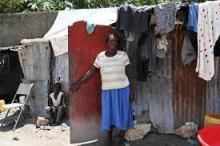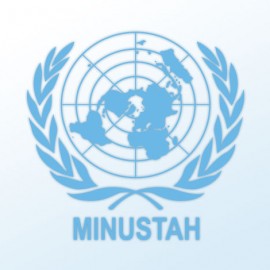A Transition Beset By Challenges and Uncertainty
In the past, Haitian politicians used and had influence over gangs. Now the gangs hold the power, controlling 95% of Port-au-Prince as well as the Artibonite and Ouest departments. Gangs charge "fees" for using national roads, kidnap and have attacked government and civilian infrastructure, including the national airport, national palace, and a prison which freed 4,000 criminals, swelling their ranks. Embassies and international NGOs are evacuating their staff leaving Haitians feeling abandoned when most in need. A transition council is being formed and the Kenyan-led Multi-National Securtiy Support Mission (MSS) remains pending. More information on the increasingly grim situation follows in a New Humanitarian piece by Daniela Mohor.







